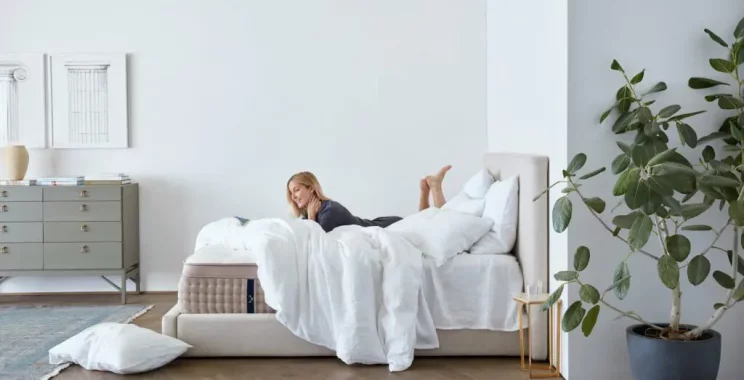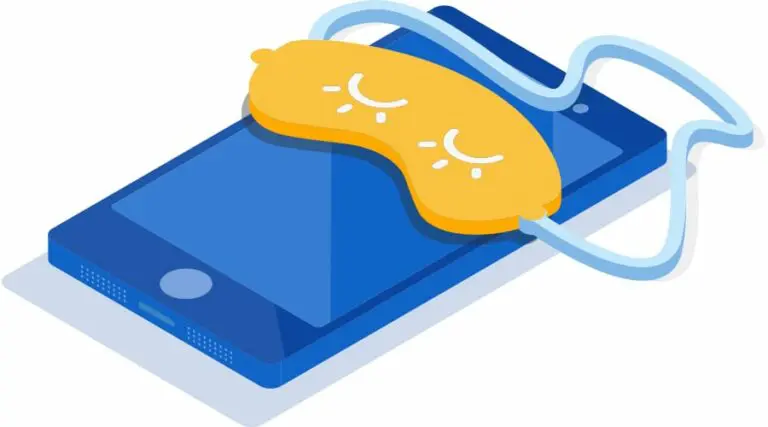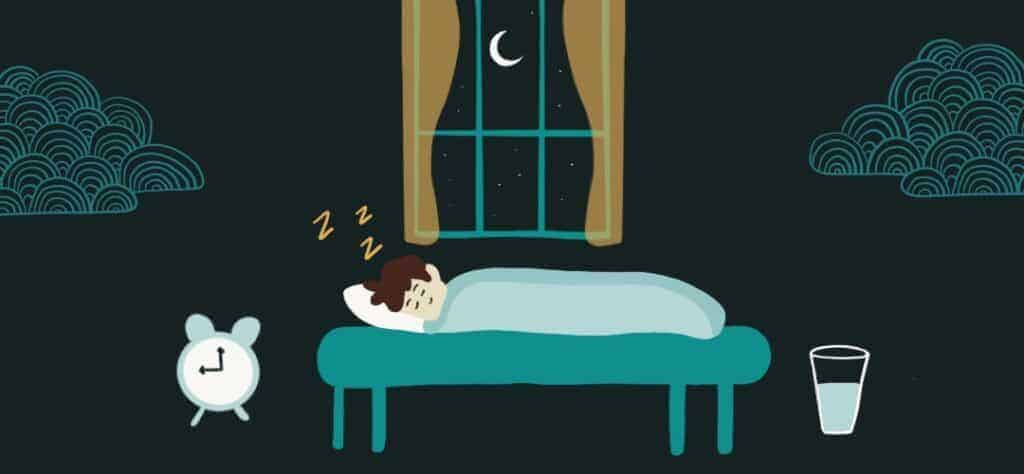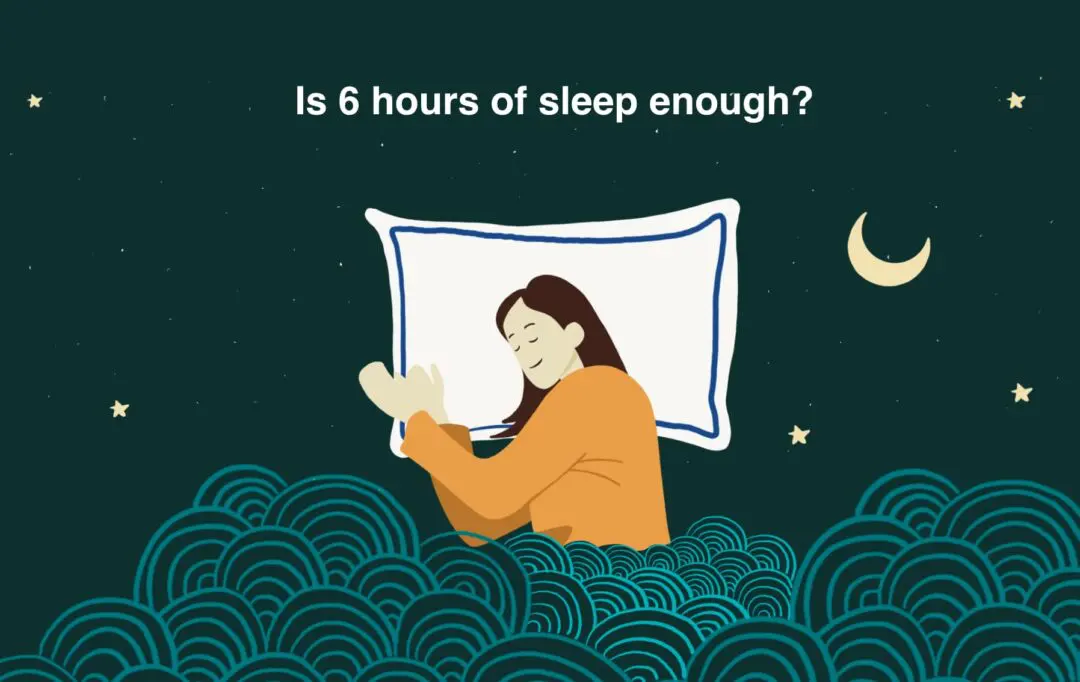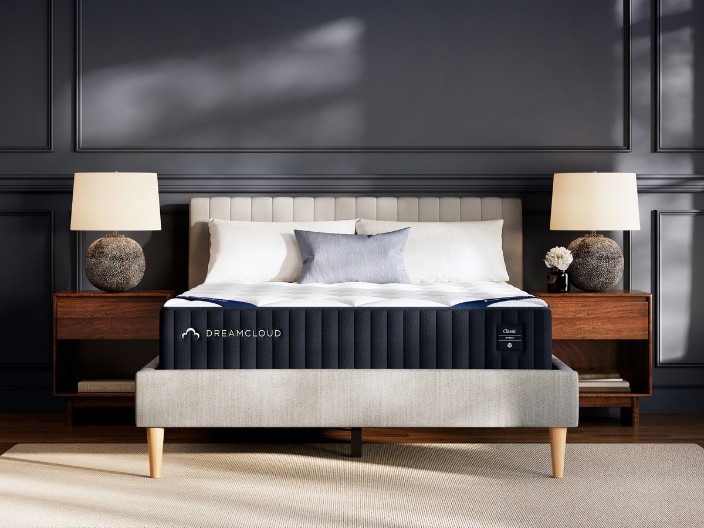Sleep Debt: How to Catch Up on Sleep
Share
Fact checked
Reviewed by experts
Updated
December 13, 2022
Quick read
4 mins to read
List of Content
Catch Up On Sleep - A Myth Or Real? How Do You Catch Up On Sleep
Catch Up On Sleep – Getting a good night’s sleep is often recommended to us by our doctors and health experts to keep us in good shape. However, reality seems to have another thing in mind what with the odd hours that we keep at work, the demands of our family and personal life, as well as the sleep routine that we follow. People believe the catch up on sleep myth where you can get over your sleep deprivation by sleeping several hours longer over the weekend. Unfortunately, a study conducted by Harvard Medical School showed that it wasn’t that easy. Their research focused on the effects of chronic sleep loss in terms of a person’s body and performance and learned that it is impossible to recoup lost sleep.
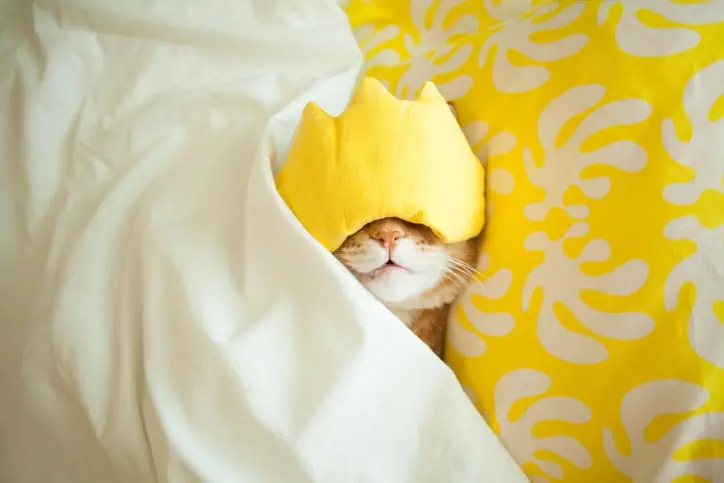
What Is The Catch Up On Sleep Myth
What is the catch up on sleep myth? It’s the belief that if we sleep long hours over the weekend, we will be able to make up for the lack of sleep that we had incurred over the week. This may sound like a good idea and most people are doing this to pay their sleep debt, but the idea that sleep is like your bank account, where you can pay back your lost sleep by staying in bed for several hours, is not even possible.
According to the National Sleep Foundation, you don’t really catch up on the days when sleep deprivation occurs because of insomnia, sleep apnea, or any other sleep disorders. You can get some back until you are feeling normal again. For example, if you typically sleep 7 hours every night, and you weren’t able to get that same amount the following day, your body will feel compromised already. Now if you do plan on sleeping longer, you might be thinking that you will be sleeping for 14 hours to recoup lost sleep. However, your sleep will only last for 10 hours since the lost light sleep won’t be recouped at all. Normally, the amount of deep sleep you can recover is about half to three-quarters of your missing REM sleep and that’s it.
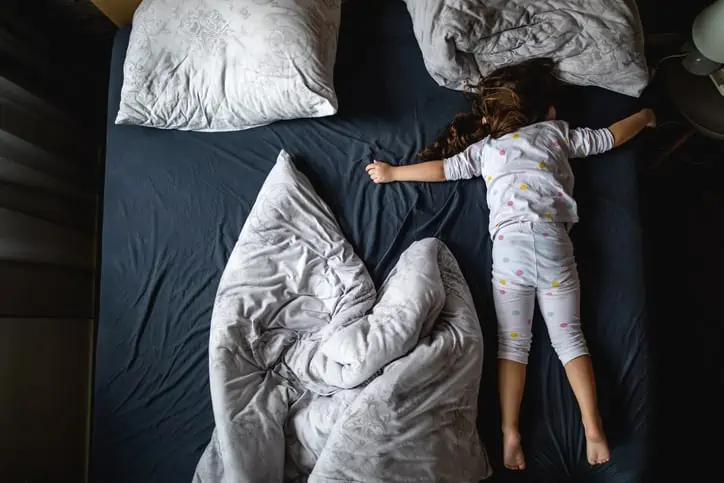
Can Your Body Catch Up On Sleep
You’ve probably asked yourself, “Is there such as thing as catching up on sleep?”, after missing on a good night’s sleep for several days. If you think that you will be able to catch up on sleep loss over the weekend, you can only get a few hours only. Let’s say that you have lost 5 hours of sleep within the week. This can be easily gained back over the weekend. However, if it is more than that, you will only get to save a quarter or so since our body has its own recovery sleep process.
Our body does have the ability to get back as much deep sleep as well as REM sleep that it can possibly get. But how much sleep do we really need? The National Sleep Foundation has already released a guideline on how much sleep we should get based on our age group. Adults should get between 7 to 9 hours of sleep per day. Getting less can already affect our overall health.

How To Catch Up On Sleep
Can your body catch up on sleep? It’s a yes and no. Like it was mentioned before, sleep debt happens when we miss out on precious hours of sleep. The good news is that you can recover part of your sleep debt but not all of it. If sleep deprivation continues for days, it will be difficult for you to get back the hours that you have lost. And the higher your sleep debt becomes, the more prone you are to various health issues such as obstructive sleep apnea, heart disease, Alzheimer’s disease and insomnia just to name a few. When your circadian rhythm or your sleep-wake cycle is disrupted, it will be harder for you to fall asleep at night.
How can you ensure that your sleep patterns will not be disrupted?
Well, you can start by following a bed routine where you prepare yourself for sleeping. This may include turning off your gadgets at least an hour before bedtime since the blue light it emits can disrupt your sleep cycle. You can also drink some warm milk as the warmth can help you feel more relaxed.
Conclusion
There are several myths about sleep out there that you have probably encountered, and if you think that being sleep deprived is okay or that you can function with just a few hours of sleep, think again. Does catching up on sleep work? It is possible, but only if you’ve missed just a few hours here and there.
This website does not offer medical advice nor professional medical services; rather, it is provided solely for educational, informational, and/or entertainment purposes. Individuals seeking medical advice should consult a licensed physician. The information provided should not be used for diagnosis or treatment of any condition, disease, or injury. When you have a medical condition, you should always talk to licensed doctor or other certified medical professional. You should never delay seeking professional medical advice or treatment based on the contents of this website. Call 911 or immediately go to the nearest emergency room if you think you may have a medical emergency. The contents of this website are provided “as-is”, Sleep Authority and its parent, subsidiaries, affiliates, employees, contributors disclaim any warranty of the information contained herein. Please contact using contact form to report any errors, omissions, misinformation, or abuse.
Sleep Authority is brought to you by Resident, the company that brings you Nectar, DreamCloud, Awara, Wovenly, Bundle, Home Well Designed and Level Sleep.
